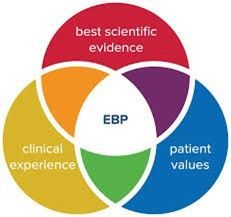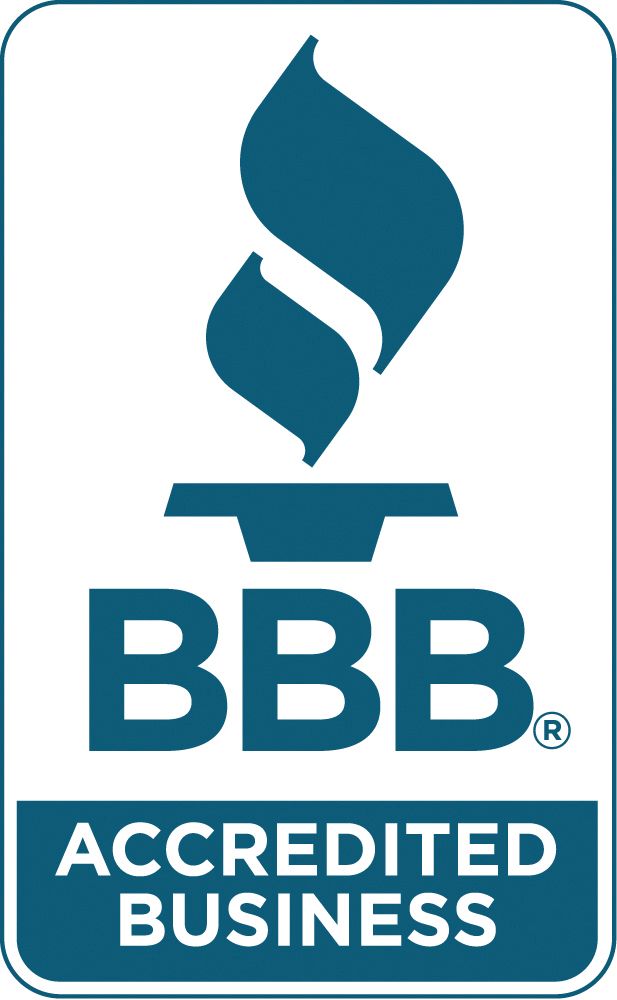What Providers Want From an Electronic Health Record
Are most behavioral health organizations happy with their electronic health record system (EHR)? Recently, Open Minds conducted a National Behavioral Health EHR Survey. They asked over 8000 behavioral health provider organizations, including small ($1-5M annual revenue) organizations as well as large organizations (over $5M). The four areas they reviewed were the clinical, scheduling, billing, and reporting/analytics functions of EHR's. Their results were broken into four categories:
1. Above 25% of providers were going to purchase an EHR soon, including 21% who wanted to switch their EHR. Of those agencies that had not purchased an EHR yet, the main reason was that it was too expensive.
2. Of those who had an implemented EHR, almost 2/3 of the responders stated it took between 3-12 months to fully implement their EHR systems. The main reason that those systems were not fully implemented was that the EHR's functionality was not what the customer needed.
3. While over 53% of the organizations stated have stayed with their current EHR because it meets their needs, the rest found other reasons to not change. 25% of companies stated concerns with implementation challenges, such as more cost and staff time.
4. Organizations stated that the functionality of their EHR was not meeting their company’s needs.
The major concerns in this area were the EHR's ability to have client portals, mobile functionality, value-based reporting, electronic visit verification, and telehealth capabilities. While the systems met companies’ clinical, scheduling, and billing needs, reporting and analytics still needed improvement.
Why the dissatisfaction with EHR’s?
There is a trend among EHR's to decide what is important to behavioral health organizations. For most EHR customers, offering the basics of documentation, scheduling, and billing gives them the primary tools they need. But when it comes to analyzing the data, making sense of the customer’s population, and running reports, EHR’s fall short. One large county currently in California can’t run reports because its nationwide EHR can’t run them, hasn’t been able to for months, and doesn’t see a timetable for correction. Another EHR is asked frequently by its customers to assist with obtaining data and is told, “We just can’t do that.” And finally, when customers want to add functionality to their systems, such as clinical decision making or treatment software capabilities, EHR's simply aren’t listening.
The EHR industry seems to be dictating what customers need, rather than the other way around. But changing an EHR is liking moving; too complicated and hard to find another home. Should a customer be satisfied with an inept EHR? Hopefully, more behavioral health organizations will demand changes to their existing systems or look elsewhere. Otherwise, surveys like the one from Open Minds will continue to show how the EHR business doesn’t meet their client needs.
Praxes offers treatment software for its clients, for more information, please contact us.




